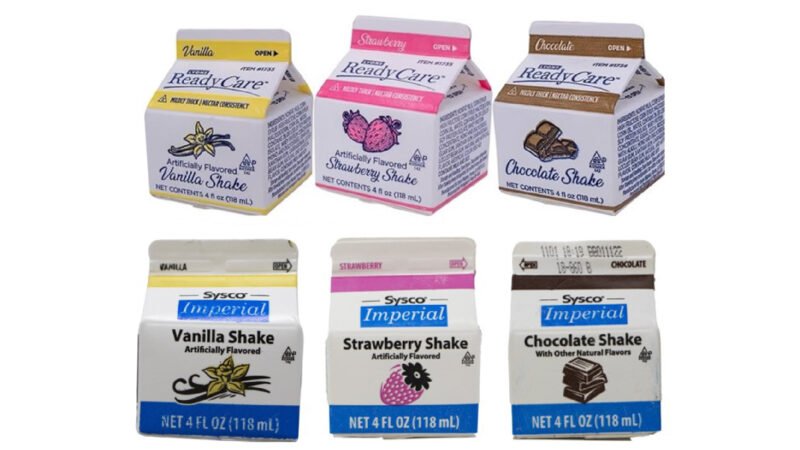Quick Takeaways
- Outbreak Overview: An ongoing Listeria outbreak has affected 38 individuals across 21 U.S. states since 2018, resulting in 12 deaths, particularly impacting older adults and people with weakened immune systems.
- Product Recall: Lyons Magnus has voluntarily recalled two frozen shake products due to potential Listeria contamination, primarily distributed to long-term care facilities, in response to findings from federal health investigations.
- Health Risks: Listeriosis poses severe health risks, including invasive infections potentially leading to symptoms such as fever, confusion, and seizures, and is the third leading cause of death from foodborne illnesses in the U.S.
- Advice for Consumers: Facilities and consumers with the recalled products are urged to quarantine them, clean and sanitize affected surfaces, and follow FDA guidance to mitigate cross-contamination risks, as Listeria can survive in refrigerated conditions.
An ongoing Listeria outbreak has left 38 people sick and claimed the lives of 12 across 21 U.S. states.
The Food and Drug Administration (FDA) announced the outbreak on February 21, with the foodservice company Lyons Magnus quickly issuing a recall of two products. These products include four-ounce Lyons ReadyCare and Sysco Imperial Frozen Supplemental Shakes. Notably, these frozen shakes primarily served long-term care facilities and were not sold in retail stores.
Listeria monocytogenes, the bacteria responsible for listeriosis, poses a significant risk, especially to adults over 65, those with weakened immune systems, newborns, and pregnant individuals. Most of the current cases involve individuals between the ages of 43 and 101. Symptoms may range from diarrhea and vomiting to more severe complications like fever and confusion. Listeriosis ranks as the third leading cause of death from foodborne illnesses in the U.S., resulting in approximately 260 deaths each year.
The CDC has connected the 38 illnesses to the contaminated shakes, with 37 patients having required hospitalization. Affected individuals span across multiple states, including California, Illinois, and New York. Notably, the CDC believes the true number of infections may be higher due to the often-delayed onset of symptoms.
The outbreak dates back to August 2018, with the latest case reported on January 23, 2025.
Previous investigations by the CDC failed to identify the source until a recent reopening of the case linked the outbreak strain to Prairie Farms Dairy in Indiana.
Lyons Magnus is urging facilities that received the recalled shakes to halt service immediately and to clean any surfaces that may have come into contact with the products. “Listeria can survive in refrigerated temperatures and can easily spread,” the FDA warned. Users with recalled products should quarantine them and can reach out to Lyons Magnus for further information.
In light of this incident, the importance of stringent food safety practices remains at the forefront. This outbreak shows the need for continued vigilance in monitoring food supply chains. Advanced technology in testing and tracking can help identify potential hazards more quickly. Public health officials aim to improve protocols to protect the most vulnerable. Such measures can enhance overall food safety, ultimately benefiting public health and quality of life in the long run.
Discover More Technology Insights
Stay informed on the revolutionary breakthroughs in Quantum Computing research.
Access comprehensive resources on technology by visiting Wikipedia.
SciV1

